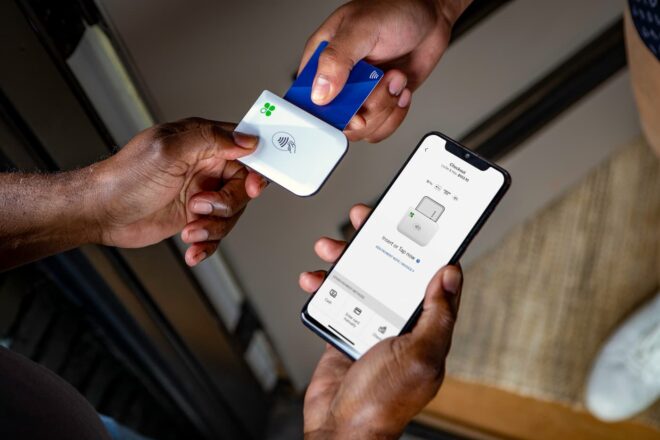Offering your customers an app can offer a host of attractive advantages. In deciding whether to launch your own small business mobile app, you’ll have two options: developing it yourself, or working with a third party. App development does have some benefits, but there are also challenges – especially if you’re an entrepreneur with limited resources.
The benefits of having a small business mobile app
One of the most obvious benefits of launching a branded app is that you can reach a larger audience. This is particularly true now that mobile usage has surpassed desktop browsing.
However, there are other advantages, including the ability to:
- Offer more self-service options to customers. Letting shoppers manage their accounts helps save you time and reduces your staffing costs.
- Leverage omnichannel reporting. An app creates another avenue through which to collect customer information, learn about their pain points, and refine your marketing message.
- Geo-target customers’ mobile devices with relevant ads and promotions as they pass by your brick-and-mortar business.
- Enhance your brand image by providing a streamlined mobile platform – complete with notifications designed to boost customer engagement with your business.
- Customize the user experience by developing an app from the ground up – rather than relying on a one-size-fits-all solution.
Even if none of these benefits seem to directly apply to your business model, consumers increasingly expect mobile support. And, since more and more companies now offer apps, remaining competitive may require that you do, too.
It’s also important to consider the potential challenges before starting the development process.
The challenges of having a small business mobile app
One of the biggest hurdles in app development is the cost involved. Not only do you need a developer for the initial design, but you also need support for any ongoing improvements in the future. These costs can increase if you have to develop your app for multiple platforms – e.g., iPhone versus Android. Moreover, there is always the risk that users won’t respond well to your app.
This doesn’t mean small business mobile app development isn’t worth exploring. Instead of building something from scratch, you may be better off searching for workable solutions that already exist on the market.
For example:
- Many restaurants turn to third-party delivery apps – such as DoorDash, Uber Eats, or Clover Online Ordering – rather than design bespoke solutions.
- The same is true for retailers that rely on third-party marketplaces, such as Amazon, instead of trying to develop a competing app.
This is assuming that offering a branded mobile experience makes sense for your small business. Even though shoppers increasingly expect app support, there are still many businesses that rely solely on face-to-face interactions.
Should your business have a mobile app?
If you have the resources and a clear need to develop an app, it may be worth considering to stay competitive. However, there may be a simpler and more cost-effective way to achieve your goal of increasing sales – while still satisfying user demand for mobile connectivity.
At Clover, for example, our point of sale (POS) systems integrate seamlessly with a host of third-party apps that can automate and streamline everything from taking online orders to managing loyalty programs to scheduling employee shifts.
To learn how our POS solutions and seamless app integrations can help your small business grow, schedule a free demo with a Clover Business Consultant today.
CONTACT SALES






